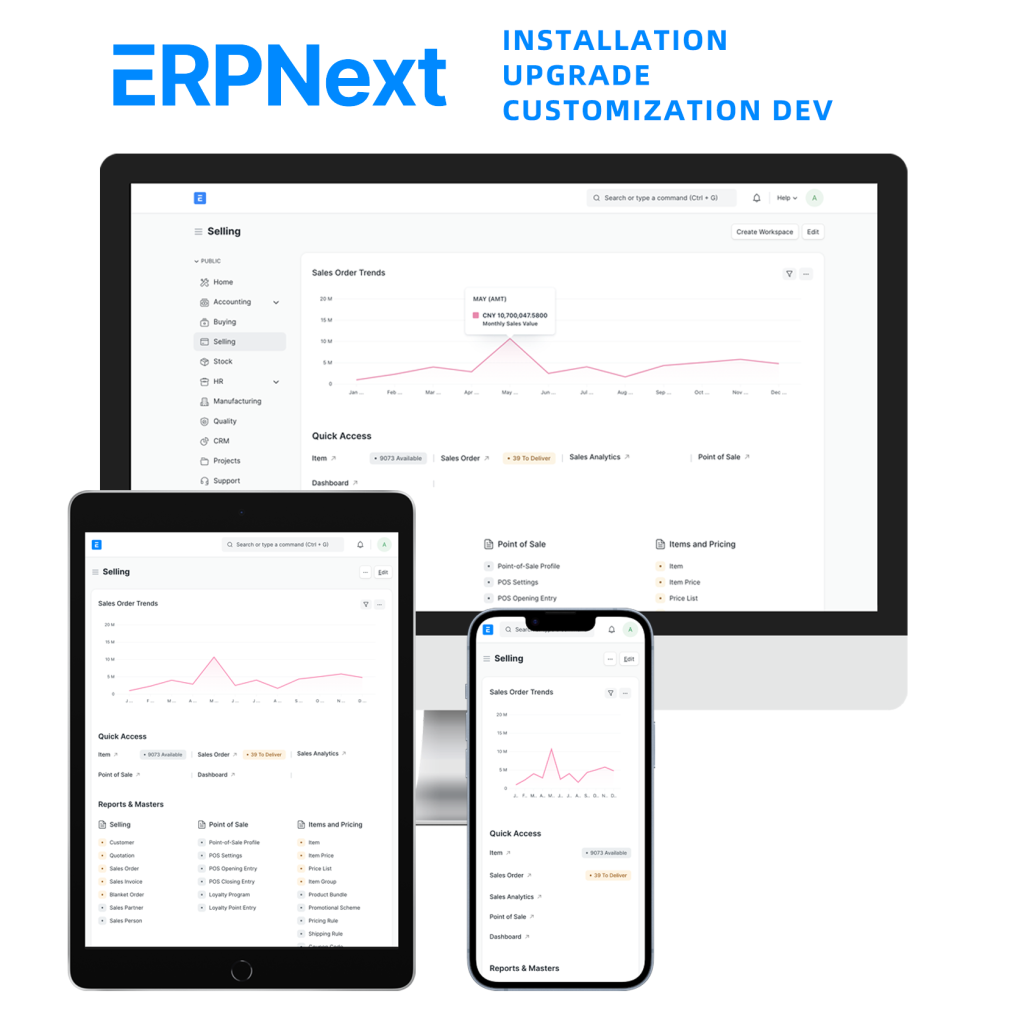When a company decides to implement an ERP (Enterprise Resource Planning) system, it’s not just installing new software — it’s changing how the entire business works. This kind of change can be exciting, but also risky. That’s where ERP consultants come in.

What Does an ERP Consultant Do?
Think of an ERP consultant as a bridge between business operations and technology.
Their main job is to:
- Understand how the company works — from purchasing to production to finance.
- Configure the ERP system to match the company’s unique processes.
- Train employees and ensure everyone uses the new system correctly.
- Solve problems that come up during and after implementation.
In short, ERP consultants translate business language into system language — and back.
Why They’re So Important
Implementing ERP is one of the biggest investments a company can make. If done right, it brings efficiency, data transparency, and faster decision-making. If done wrong, it causes chaos, wasted money, and unhappy employees.
An experienced ERP consultant helps prevent all that. They:
- Identify real business needs instead of blindly following software features.
- Customize smartly — not too much, not too little.
- Guide change management, helping staff adapt to new workflows.
- Reduce risks by spotting issues before they become expensive mistakes.
Case Example: From Spreadsheet Chaos to Smart Manufacturing
Let’s look at a real-world example.
A mid-sized manufacturing company was struggling with dozens of Excel sheets — one for inventory, one for sales, one for production, and none of them matched. Orders were delayed, and management couldn’t get accurate numbers.
They decided to implement an ERP system. But the project quickly ran into trouble: the internal IT team didn’t understand the production process deeply enough, and departments disagreed on how data should be entered.
That’s when an ERP consultant stepped in.
He didn’t start by touching the system — he started by listening. After spending a week in the factory, he mapped out how raw materials moved from storage to the assembly line. Then he restructured the ERP workflow to reflect the company’s real process.
He also trained staff by showing how the system would make their daily work easier — less manual input, fewer errors, real-time tracking.
Within three months, production delays dropped by 40%, and managers could see live inventory levels anytime.
The ERP consultant didn’t just install software. He transformed how the company operated.
The Real Value: Experience and Insight
Many companies think they can “save money” by skipping consulting services. But in reality, a good ERP consultant saves much more than they cost.
Their experience — often built across many industries — helps businesses avoid common traps:
- Over-customization that leads to system instability.
- Ignoring user adoption and training.
- Poor data migration.
A skilled consultant brings both technical expertise and business wisdom — something no manual or tutorial can replace.
ERP systems are powerful tools, but tools alone don’t build success — people do.
ERP consultants are like architects: they design, guide, and make sure every piece fits together perfectly. With the right consultant, your ERP project doesn’t just go live — it thrives.